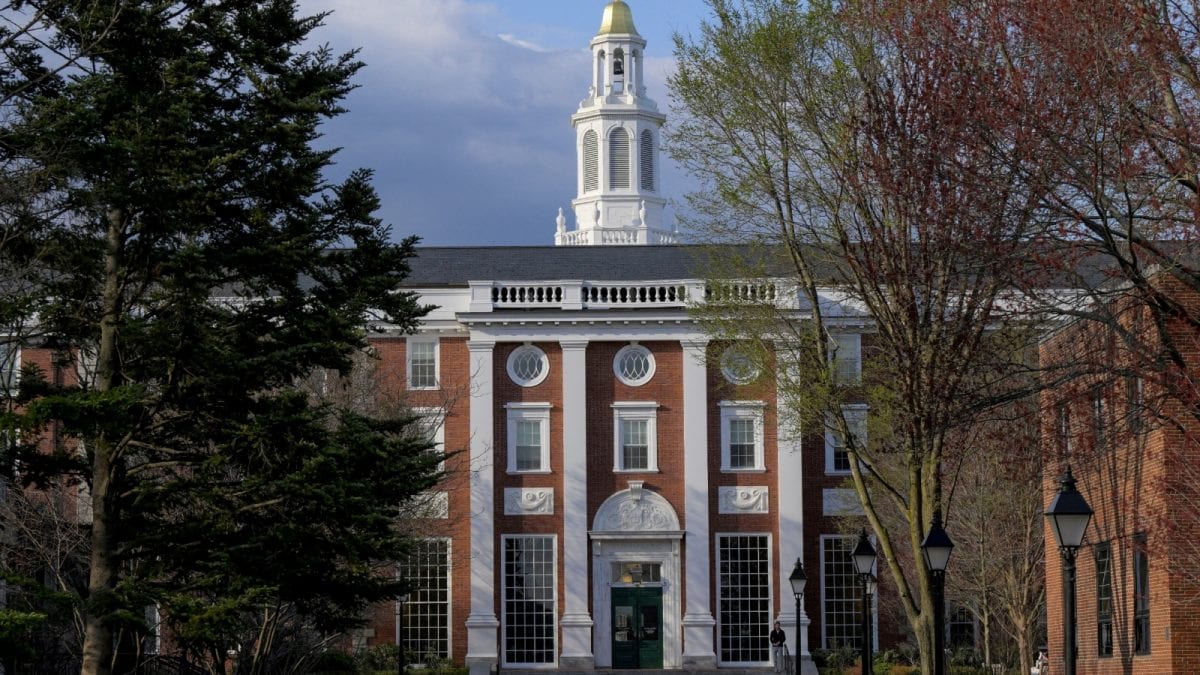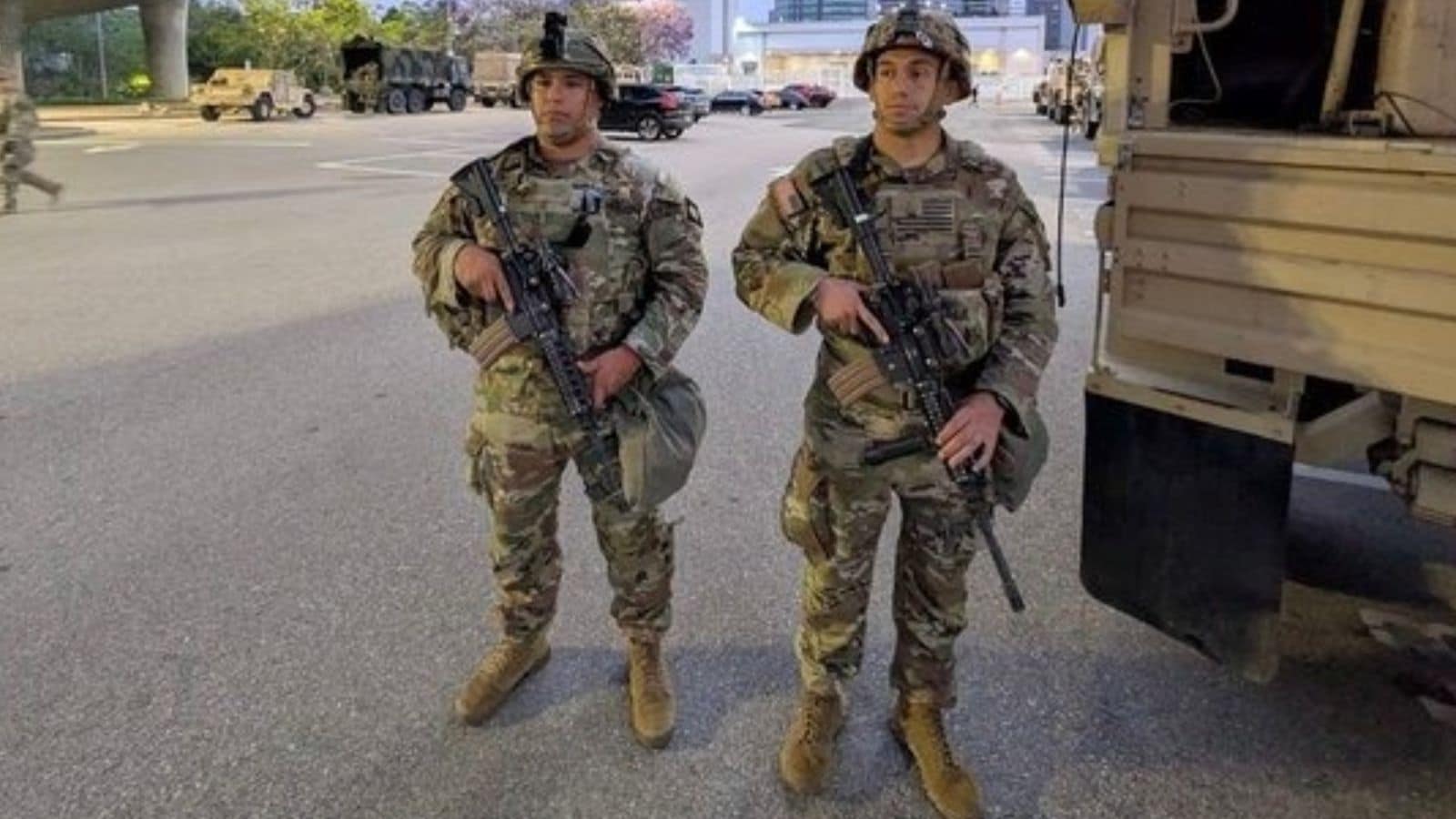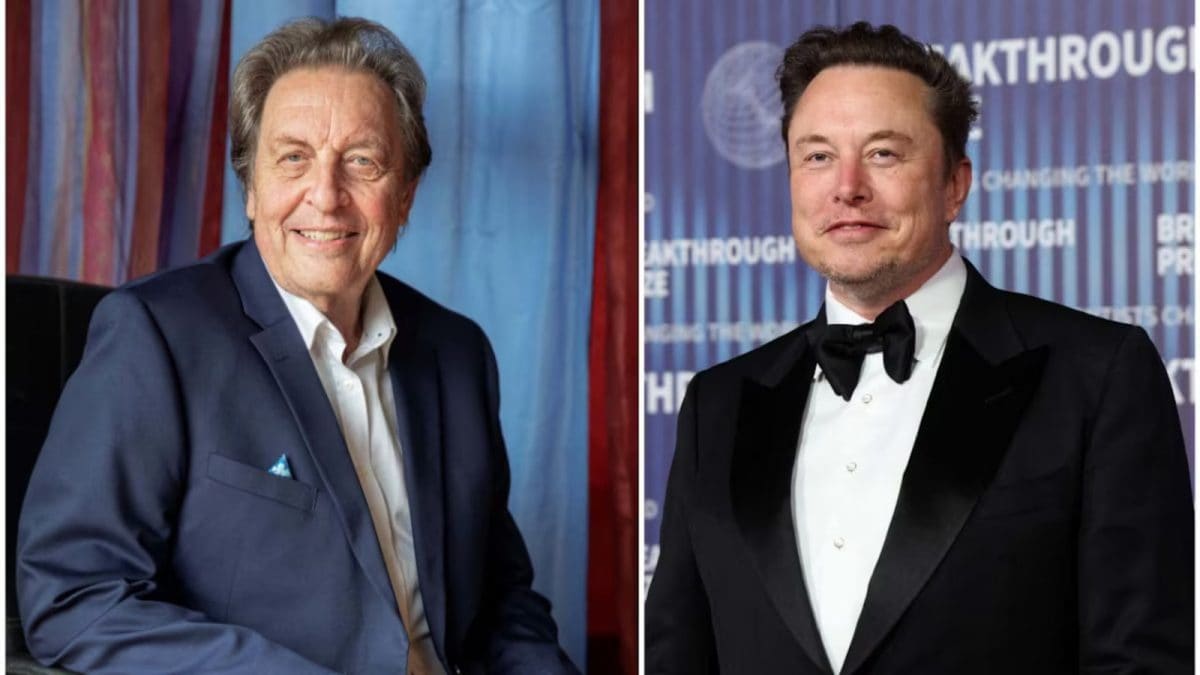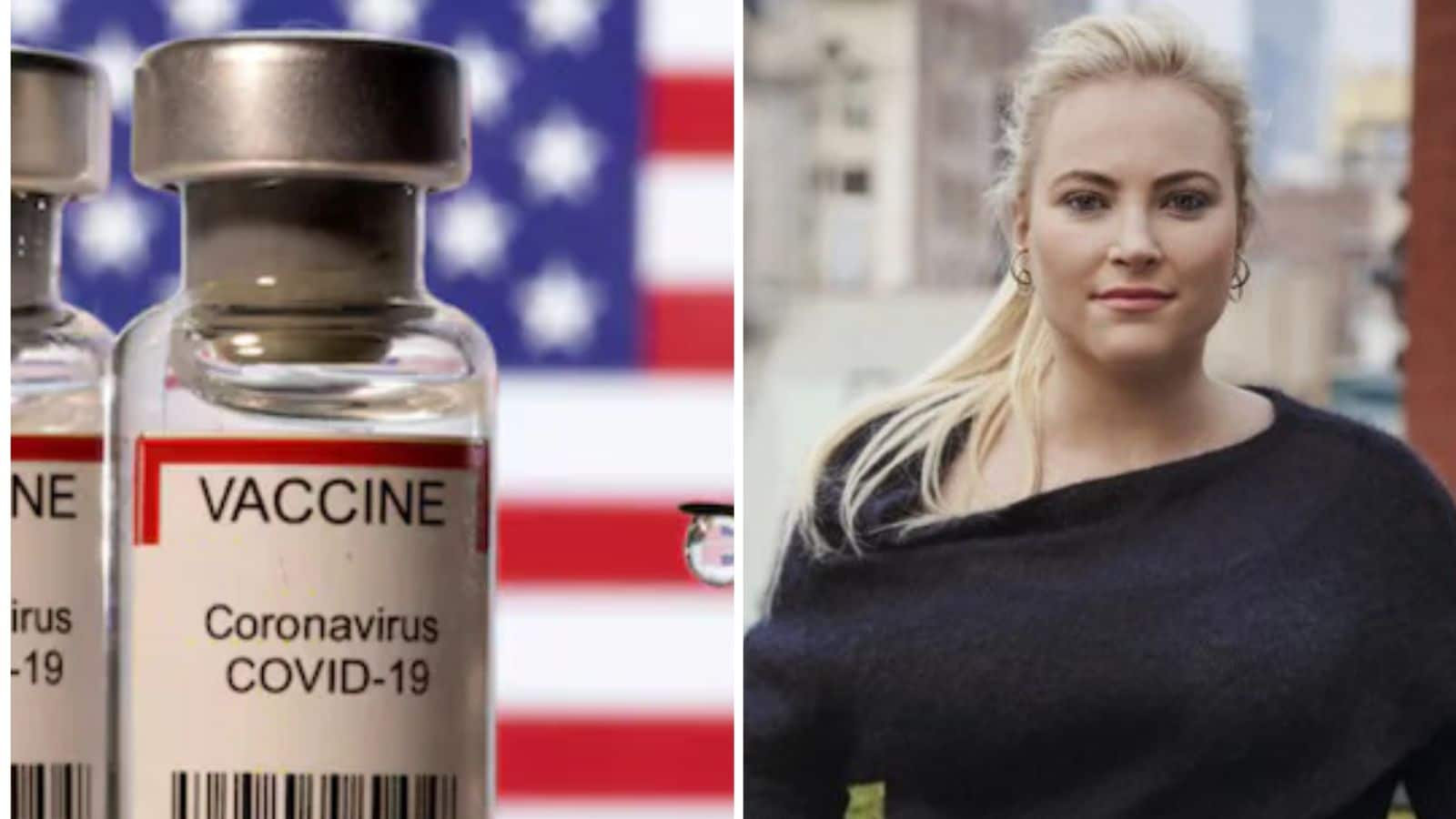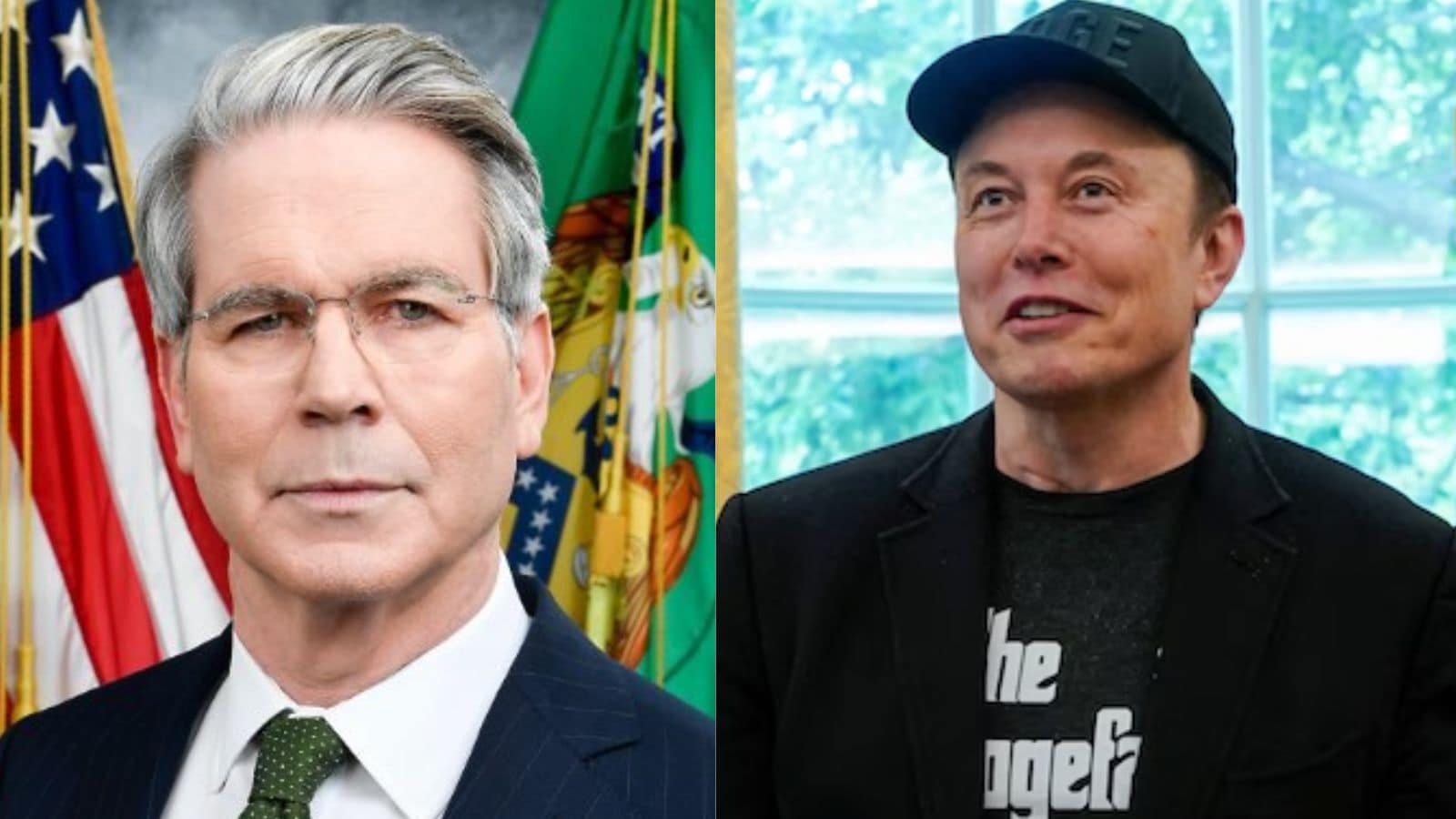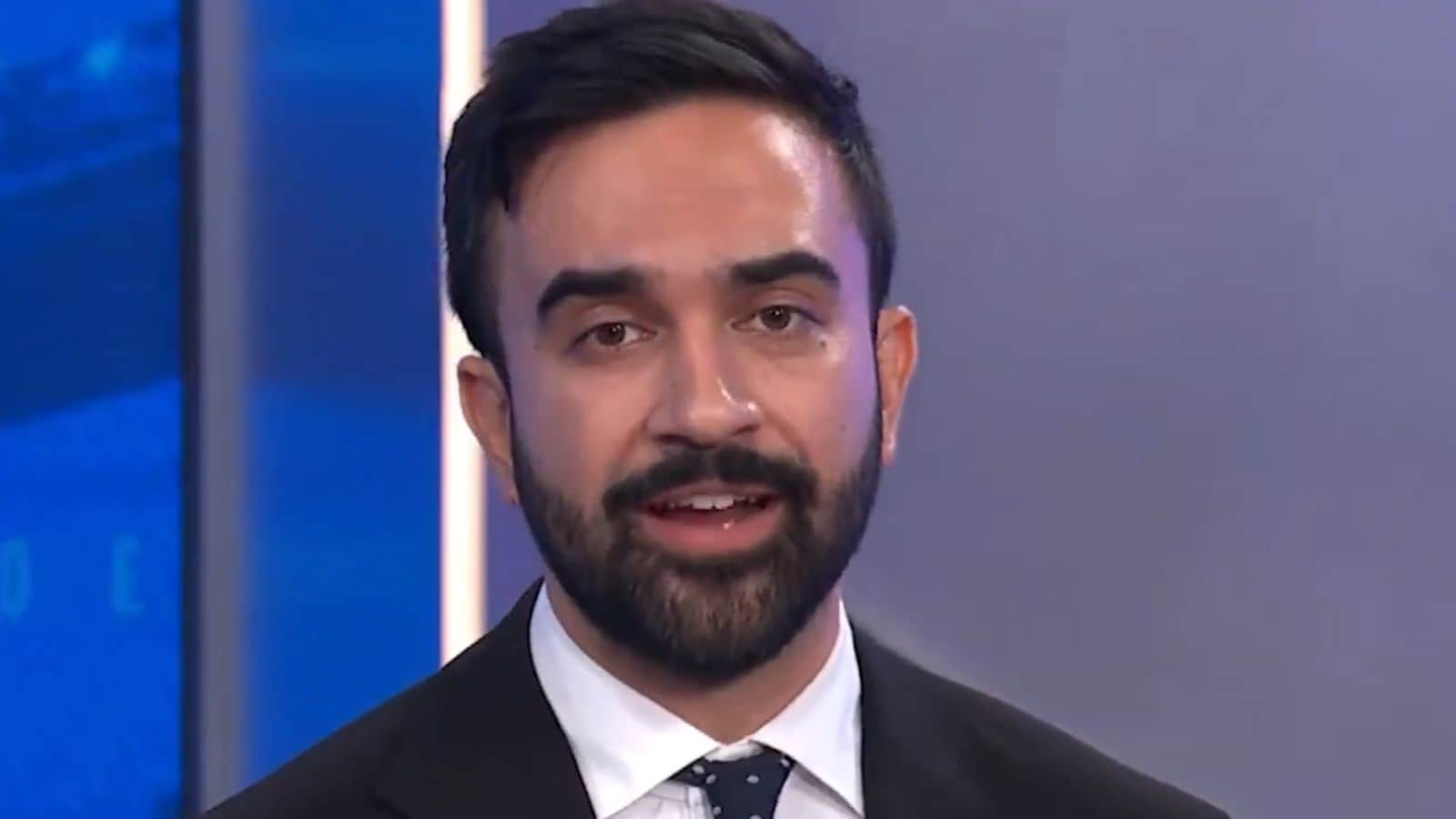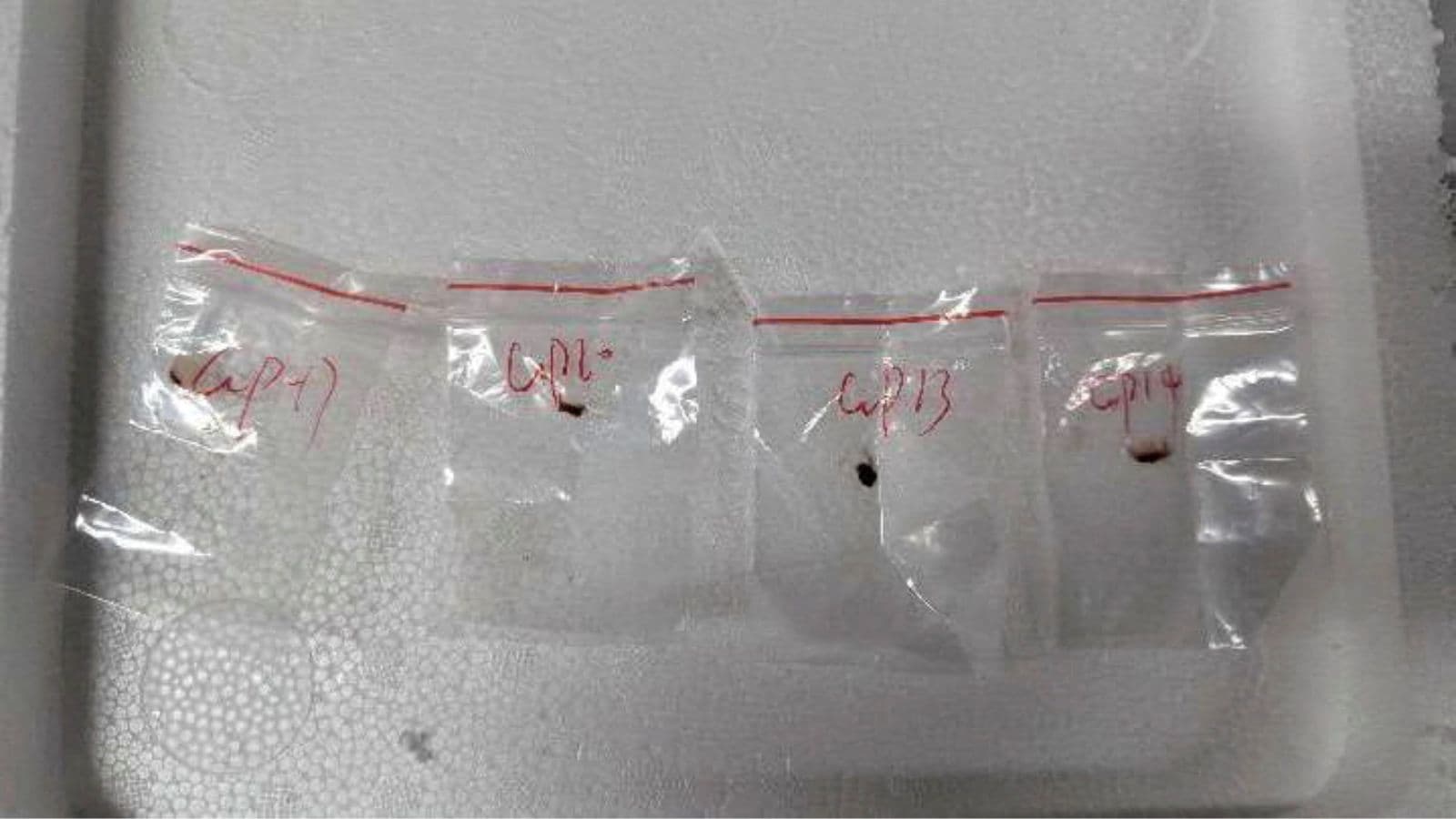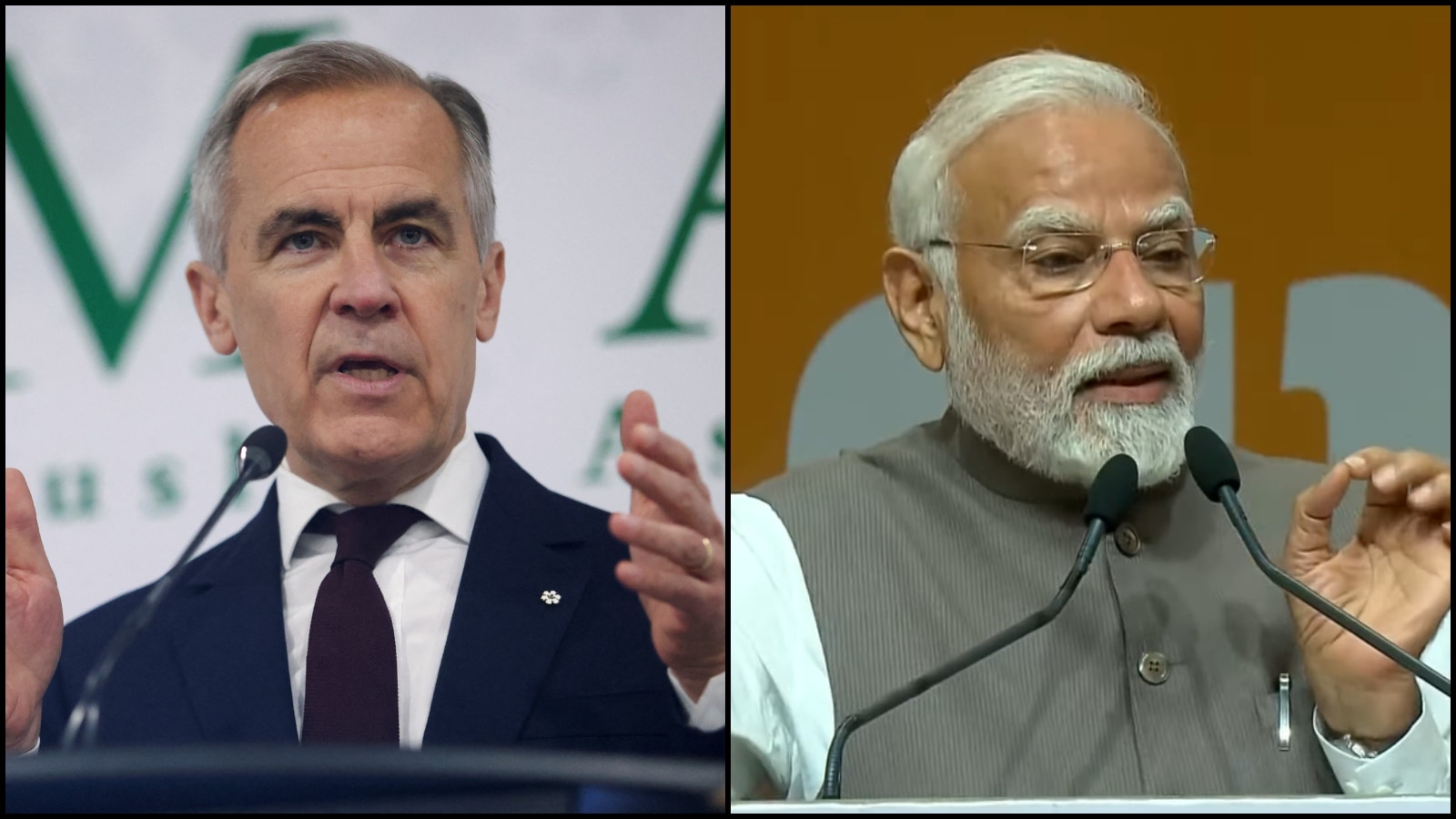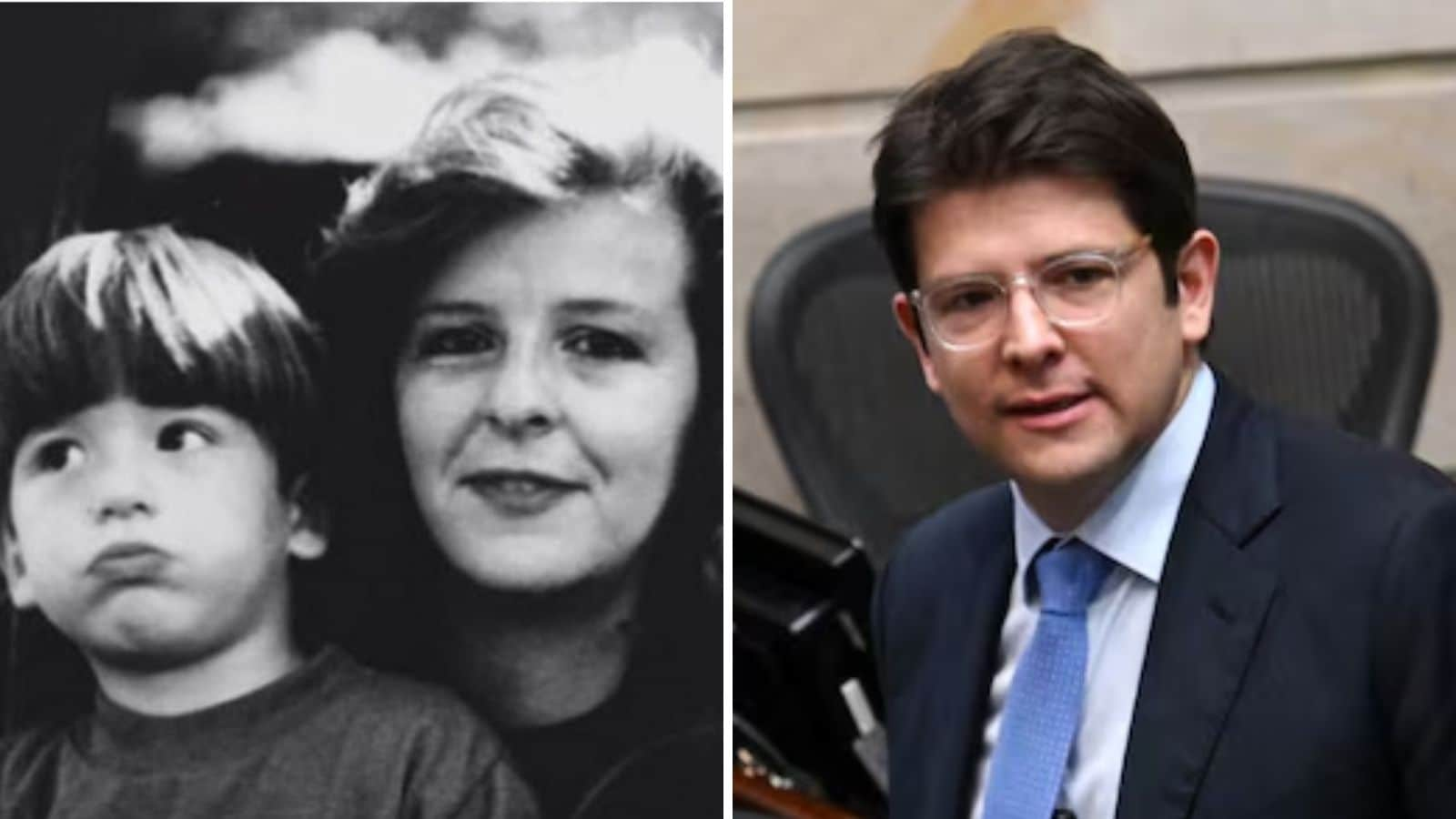Coalition pledges more and cheaper flights into Darwin by relaxing foreign airline restrictions

Elias Visontay
The Coalition has put forward a plan to boost tourism and connectivity for Darwin by allowing foreign airlines to operate domestic flights to and from the Northern Territory, loosening laws that they say have kept air fares sky-high to the top end.
The opposition transport spokesperson, Bridget McKenzie, said that if the Coalition forms government, it will establish a two-year trial in the NT allowing cabotage – the name for the right of a foreign airline to sell tickets to commercial domestic services within another country.
Currently, only Australian airlines – an industry in which Qantas and Virgin Australia dominate more than 98% market share – are permitted to operate and sell tickets to domestic flights. An exception also exists for New Zealand carriers.
Under the cabotage trial, the Coalition is hoping foreign airlines, likely carriers based in Asia, would operate flights into Darwin as a first stop in Australia, and then fly on to any other Australian destination, with airlines able to sell tickets to that internal leg to locals or tourists as though they were a stand-alone domestic flight. Darwin has previously hosted non-stop Qantas flights to and from European cities.

Qantas and Virgin Australia have been staunchly opposed to loosening cabotage restrictions. In its submission to the aviation green paper in 2023, Qantas warned if foreign airlines could operate domestic flights, they would only run on the busiest routes such as Sydney-Melbourne.
However, the Coalition’s proposed trial would be limited to the NT, in a hope to challenge the dominant airlines currently serving Darwin domestically, with domestic air fares to and from the Top End notoriously expensive. It estimates it will uplift the NT economy by $101m during the trial, and bring in an additional 25,000 additional tourists. McKenzie said:
The Coalition wants to get the cost of NT flights down to boost tourism and increase options to travel to see family or do business with other states. Air travel is not a luxury for the Northern Territory – it’s a necessity. This policy is a practical, strategic step to fix what Labor has failed to address: connectivity, competition, and opportunity for the Top End.
Key events Show key events only Please turn on JavaScript to use this feature
Should Australia contribute troops to the ‘coalition of the willing’ peacekeeping mission in Ukraine?
Andrew Hastie said Peter Dutton had already ruled this out and that there’d been “no formal offer” and “no formal strategy”.
Being an Australian who has been sent by former governments to serve overseas in a war zone, one thing I have learned is that I always want to know what our political leadership is trying to achieve. And so I think it is a very reasonable expectation that there is an offer, number one, and a clear strategy …
We want to continue training Ukrainian troops as we have done in the UK and send leading technology to give Ukrainians the edge in battle, and we will continue to discuss this issue with world leaders – or at least Peter Dutton as prime minister will. So I do not think there is any inconsistency. We will not send young Australians and put them at risk without a clear plan or strategy.
Hastie says Trump is ‘hard to predict’ and Australia must be able to defend itself
Earlier today, Andrew Hastie said Australia can’t take security from the US “for granted”. Asked what he meant by this, Hastie said Australia has always had a strong relationship with the US – but “leadership matters.”
And President [Donald] Trump is rebalancing the terms of trade and security with all of their partners, and so the message for us is we need to be able to be strong on our own two feet.
Yes, we have a deep relationship with the United States, but a lesson from Ukraine is often times you have to demonstrate strength yourself if you want your friends to help you.
Hastie said that on “all the other touch points” Australia has with the US it is very strong, but “President Trump is someone who is hard to predict and we need to be able to defend ourselves.”
We want to have a good relationship with Indonesia, with Malaysia, with Papua New Guinea, with the other Pacific islands, with Singapore. These are all important partnerships, and by investing in our defence force as well, we help them with their security too.
Hastie denies Coalition plan to lift defence spending to 3% of GDP inspired by Trump
Let’s go to the shadow defence minister, Andrew Hastie, who just spoke with the ABC’s Afternoon Briefing about the Coalition’s defence investment announcement.
The Coalition’s policy is to get defence spending to 3% of the GDP by 2035 – the exact figure nominated by the Trump administration. Host Patricia Karvelas asked if this was inspired by the request from the Trump administration for nations to reach that figure?
But Hastie said “not at all,” instead saying the “world has changed over the last five years”.
We’ve seen the rise of authoritarian powers, a war in Ukraine, we have seen strategic disorder in the Middle East and President Trump is reposturing the United States with America first, so the world has changed and Australia needs to be able to stand on its own two feet.


Patrick Commins
Mutual accusations of lying at treasurers’ debate
The sparring between Jim Chalmers and Angus Taylor in today’s debate threatened to get bogged down in mutual accusations of lying.
The flashpoint was around income taxes, and was set off by Chalmers saying taxes would be higher under a Dutton government (the Coalition have said they won’t support Labor’s promise to cut the lowest marginal rate).
Meanwhile, Taylor accused his opposite number of fiscal profligacy, but was unable to explain how the Coalition planned to pay for its expensive campaign promises, not least this week’s commitment to a major and long-term lift in defence spending.
Chalmers, for his part, said cost of living pressures were easing and there were better times ahead. As Donald Trump’s trade war casts a shadow over the global economy, Chalmers said now was the “worst time to risk” a Coalition government.
The most important thing we can do in this difficult global environment is make our economy more resilient. And we make our economy more resilient by rebuilding incomes, tax cuts for every Australian taxpayer, rolling out ongoing cost-of-living relief, and (making) our industries deeper and broader.
Taylor shot back, saying:
That picture might help the treasurer but it’s not what people are experiencing around Australia.

Patrick Commins
Taylor promises he would return ‘common sense’ to workplace rules as treasurer
Angus Taylor has promised a Coalition government will remove the roadblocks to businesses investing and hiring, saying as treasurer he would return “common sense” to workplace rules, slash red tape, and fix regulatory “overreach”.
In a sometimes spicy debate with Jim Chalmers hosted by the Business Council of Australia and the Council of Small Business earlier today, Taylor said: “we’re seeing regulatory overreach in this country, it’s holding back investment, it’s holding back productivity and the prosperity of all Australians.”
Referring to the Coalition’s plans to cut the public service, Chalmers responded:
I think if Angus really wants faster approval times, then sacking 41,000 people, some of whom are responsible for processing approvals, is a strange way to get around it.
Taylor again asked voters whether they were better off than they were three years ago, and spruiked the Coalition’s plan to make the instant asset write-off permanent for small businesses.
He stopped short of saying that as treasurer he would lower the corporate tax rate, but appeared to leave the door open to what was obviously a very receptive audience.

Coalition pledges more and cheaper flights into Darwin by relaxing foreign airline restrictions

Elias Visontay
The Coalition has put forward a plan to boost tourism and connectivity for Darwin by allowing foreign airlines to operate domestic flights to and from the Northern Territory, loosening laws that they say have kept air fares sky-high to the top end.
The opposition transport spokesperson, Bridget McKenzie, said that if the Coalition forms government, it will establish a two-year trial in the NT allowing cabotage – the name for the right of a foreign airline to sell tickets to commercial domestic services within another country.
Currently, only Australian airlines – an industry in which Qantas and Virgin Australia dominate more than 98% market share – are permitted to operate and sell tickets to domestic flights. An exception also exists for New Zealand carriers.
Under the cabotage trial, the Coalition is hoping foreign airlines, likely carriers based in Asia, would operate flights into Darwin as a first stop in Australia, and then fly on to any other Australian destination, with airlines able to sell tickets to that internal leg to locals or tourists as though they were a stand-alone domestic flight. Darwin has previously hosted non-stop Qantas flights to and from European cities.

Qantas and Virgin Australia have been staunchly opposed to loosening cabotage restrictions. In its submission to the aviation green paper in 2023, Qantas warned if foreign airlines could operate domestic flights, they would only run on the busiest routes such as Sydney-Melbourne.
However, the Coalition’s proposed trial would be limited to the NT, in a hope to challenge the dominant airlines currently serving Darwin domestically, with domestic air fares to and from the Top End notoriously expensive. It estimates it will uplift the NT economy by $101m during the trial, and bring in an additional 25,000 additional tourists. McKenzie said:
The Coalition wants to get the cost of NT flights down to boost tourism and increase options to travel to see family or do business with other states. Air travel is not a luxury for the Northern Territory – it’s a necessity. This policy is a practical, strategic step to fix what Labor has failed to address: connectivity, competition, and opportunity for the Top End.
Bowen questioned if cost of Coalition’s nuclear plan could be below $600bn
A reporter asked about a report from the Smart Energy Council, saying the Coaliton’s nuclear plan could cost $600bn – but in a best-case scenario could cost $116bn.
So if the Coalition gets it right, could the cost be below $600bn?
The energy minister, Chris Bowen, argued the Smart Energy Council had found “massive holes” in the Coalition’s plan, saying:
For example, they don’t have a first of a kind premium and they assume for a 40% smaller economy … They have assumed no aluminium, no steel making, no heavy industry, because that is what a 40% smaller economy looks like.
There are holes all through their costings. You could make the case the Smart Energy Council has been conservative because when you look at the cost blowouts right around the world … there are massive cost blowouts in nuclear, and Peter Dutton and Ted O’Brien have no answers.
PM says Coalition plan to ditch activity test will disadvantage women
Anthony Albanese is now criticising the Coalition’s plan to get rid of the activity test, saying this would disadvantage women seeking to get back into the workforce.
All of the analysis says the activity test stops women with kids being able to get back into the workforce and participate, and therefore benefit not just themselves and their families but benefit the economy as well …
This is in opposition that, if they have any policies, they are either taken from overseas or they are taken from the reversal of reforms we have put in place.
PM calls out lack of detail in Coalition’s defence announcement
The prime minister has taken another question on the Coalition’s defence investment – interjecting “what is it that they have announced?” – and said Labor has announced $57bn additional funding for defence over 10 years.
Anthony Albanese continued, saying:
I haven’t seen any specific programs from this defence announcement today. I find it extraordinary that you try to get a headline with a big number, and then there’s nothing of what the big number should be invested in. What is it that they are saying we should invest in our capability, and how should we pay for it? They’re the big questions which are there now.
We’ll always continue to invest in our capability. Later this year we will begin, for example, producing missiles made here in Australia. So there are manufacturing benefits behind our defence industry programs as well.
PM says Dutton’s team ‘in hiding’ for most of campaign
Anthony Albanese was asked for his thoughts on the Coalition’s defence investment, announced today, and their nuclear plan, in comparison to what Labor is spending?
The prime minister said Peter Dutton was “unable to say where the money would come from, except for confirming that they will put up income taxes”.
This election campaign is a choice between Labor, that will lower your income tax, and the Coalition, that will increase your income taxes – but that doesn’t cover the amount that they’ve announced as well. So on top of that, there’ll be more cuts needed.
On the defence investment from the Coalition, Albanese said Dutton “also hasn’t been able to say what the money would be used for.”
It’s extraordinary that you make this announcement with a very large figure in the tens of billions of dollars [and] you can’t say what you will use the money for …
This is an opposition that have not done the hard work – whether it’s defence policy, whether it’s nuclear policy – they can’t explain any of how it would actually roll out. And then they have a team that, for most of the campaign, are in hiding and haven’t been able to come forward at all – and [Andrew] Hastie is just one example of that.

 1 month ago
1 month ago
